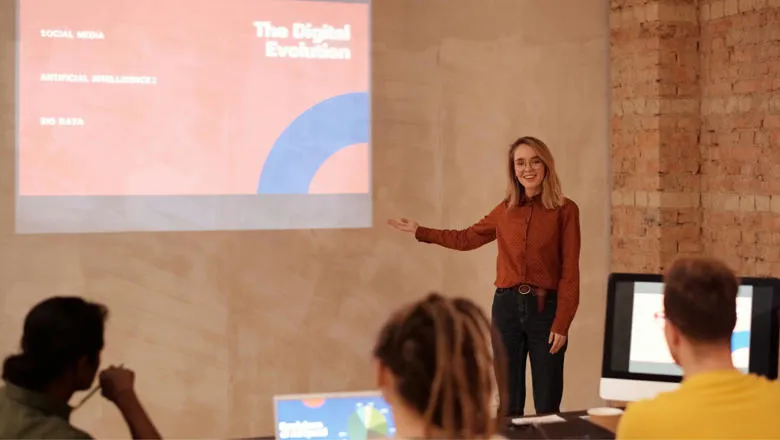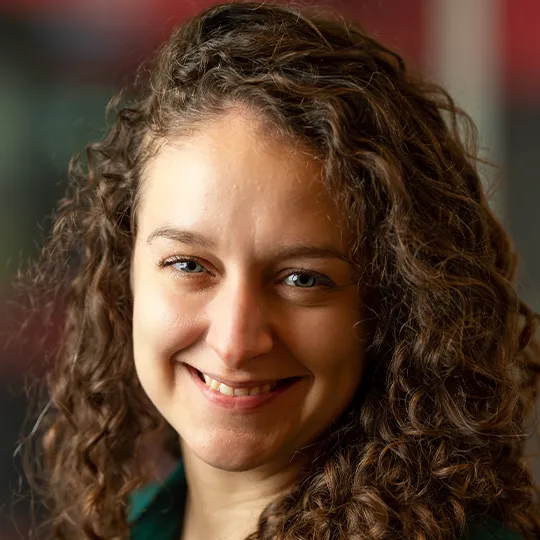18 February 2025
Strengthening the evidence base on what works to support care experienced young people into good work
Hannah Piggott & Susannah Hume
Building evidence of what works to support young people from marginalised backgrounds into good jobs

Care leavers experience more challenges in entering the labour force successfully than their peers who do not have care experience. Unsurprisingly, therefore, the Youth Futures Foundation (YFF), the What Works Centre for Youth Employment, is interested in understanding interventions that may be effective in supporting better outcomes for care leavers as they transition to employment. We were funded by YFF to work with the Drive Forward Foundation (DFF) to conduct an initial feasibility study of its Supporting Care Leavers into Employment (SCLiE) programme, to understand how it might work to support care leavers and explore whether it might be possible to develop SCLiE for a future impact evaluation.
The report of this first phase of the evaluation has now been published by YFF, and is available at the Youth Futures Foundation website, here.
We found:
- SCLiE is delivered as intended – DFF’s belief in participant-led services that give care experienced young people agency translated into practice, and DFF staff and participants value relationship-building and developing connections as part of helping participants into good employment. The intervention is well-understood and stable.
- DFF has a positive reputation and strong relationships with key external partners, a key success condition for SCLiE both as a service and for a future impact evaluation.
- SCLiE should therefore proceed to be developed for an impact evaluation; DFF has the capacity and willingness, and we were able to recruit a sufficient number of participants as part of the feasibility study to make us optimistic that it will be possible to recruit enough participants for a full impact study.
- We believe that a waitlist randomised controlled trial, where participants are randomly allocated to either join SCLiE immediately, or to join it in 12 months, is both feasible and appropriate for SCLiE.
- Any future research with this cohort needs to take account of the fact that care experienced young people may require a different approach to engaging them with research, as their egative experiences of interacting with professionals may affect their willingness to engage directly with the research team. We therefore considered that alternative approaches such as identifying administrative data sources to reduce burden around surveys; engaging peer researchers; and investing time in building trust with young people will be crucial to the success of future phases of work.
- In addition, local authorities will be key partners as referrals for the RCT will need to come via local authority care teams. Local authority staff value the service DFF provides, so maintaining those relationships while bringing LAs onboard with he RCT will be crucial.
We are very pleased that the Youth Futures Foundation has agreed with our recommendation to move DFF SCLiE forward to a mobilisation phase for a possible future RCT. You can read more about the mobilisation phase here.


